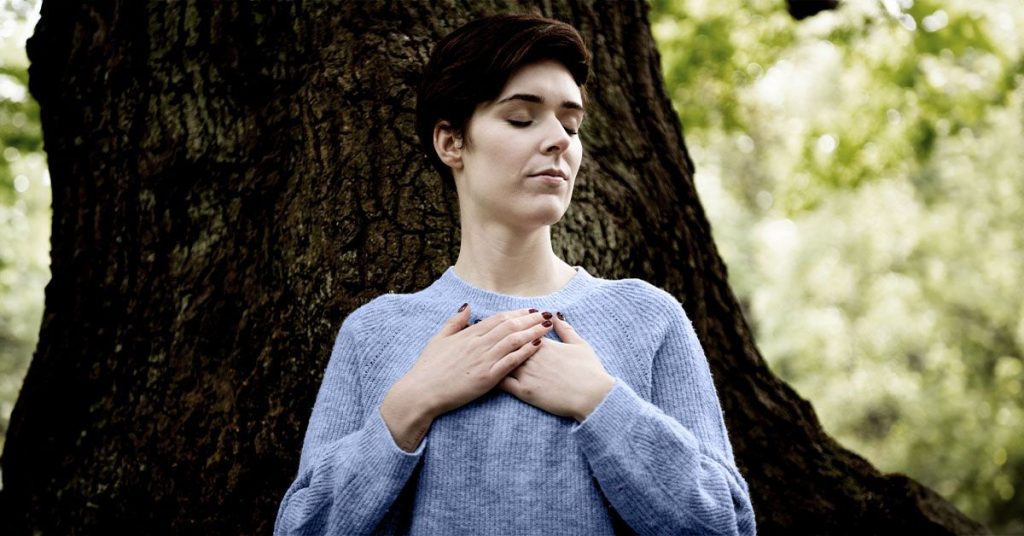A new study published in The Lancet Regional Health journal found that survivors of breast cancer, both women and men, have an increased risk of developing a second cancer later in life. Female survivors were 87% more likely to develop endometrial cancer, while male survivors were 62% more likely to develop pancreatic cancer. The study, conducted by researchers from the University of Cambridge, also reported increased risks for other secondary cancers, such as myeloid leukemia, ovarian cancer, and colorectal cancer.
The age at which someone was diagnosed with breast cancer appeared to affect their risk of developing a second cancer, especially for women. Those diagnosed before age 50 were 86% more likely to develop a second primary cancer compared to their peers, while those diagnosed after age 50 had only a 17% increased risk. The study also noted differences in second cancer risk based on socioeconomic factors, with the most socioeconomically deprived group having a 35% higher risk compared to the least deprived.
Experts not involved in the study emphasized the importance of understanding and addressing the factors that contribute to increased second cancer risk among breast cancer survivors. These factors include genetic predisposition, previous treatments such as radiation therapy and chemotherapy, and lifestyle factors. Advocacy for equitable access to cancer screenings, treatment, and education is crucial in addressing disparities in cancer outcomes among different socioeconomic groups.
Although the study provided valuable insights into the relationship between breast cancer survivors and their risk of secondary cancers, further research will be needed to confirm and expand upon these findings. Prospective studies that follow patients over time will be useful in establishing a more direct association between breast cancer and second cancer risk. The high-quality retrospective analysis conducted in this study provides a solid foundation for future research efforts.
In conclusion, the study highlights the importance of ongoing monitoring and support for breast cancer survivors to help reduce their risk of developing secondary cancers. Understanding the various factors that contribute to this increased risk, such as age at diagnosis, socioeconomic status, and lifestyle choices, can help healthcare providers develop targeted strategies for prevention and early detection. By addressing these factors and advocating for equitable access to resources, healthcare professionals can support breast cancer survivors in their journey towards better long-term outcomes.


